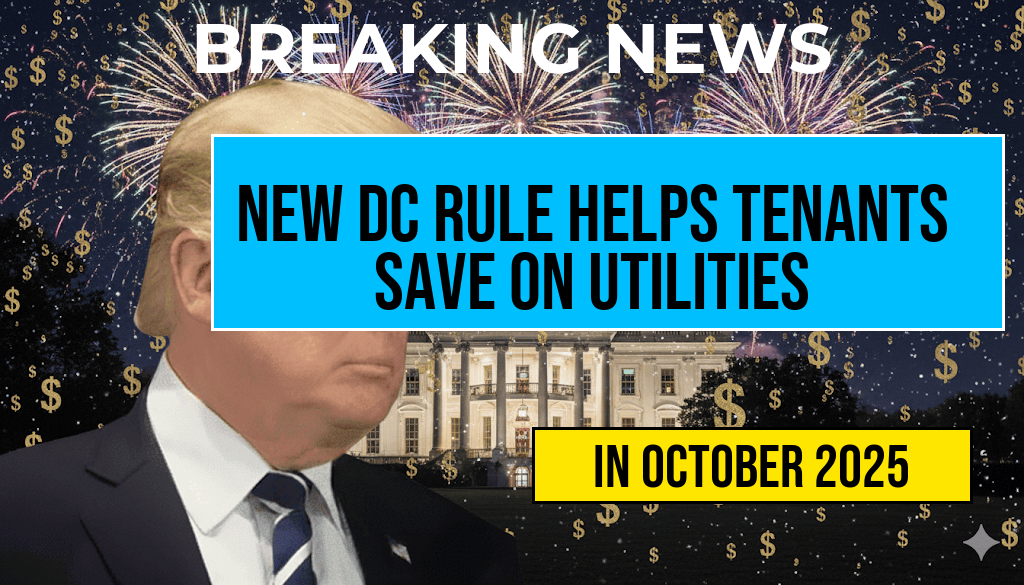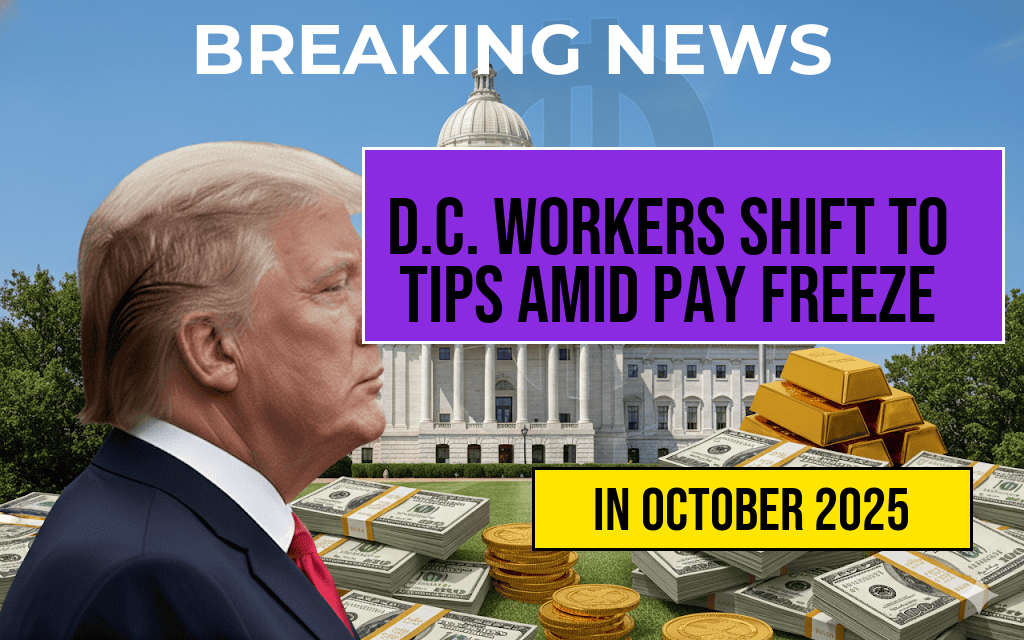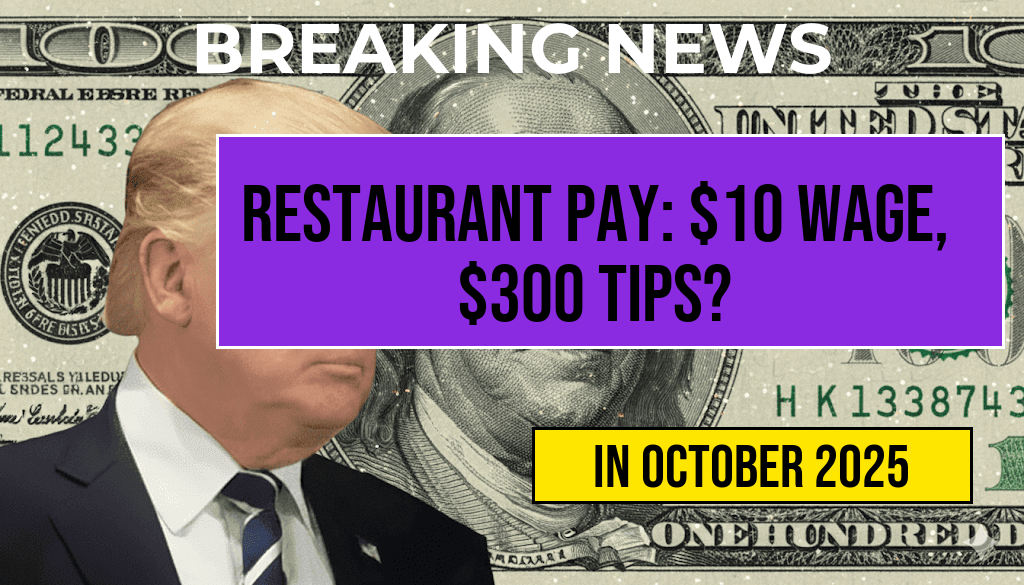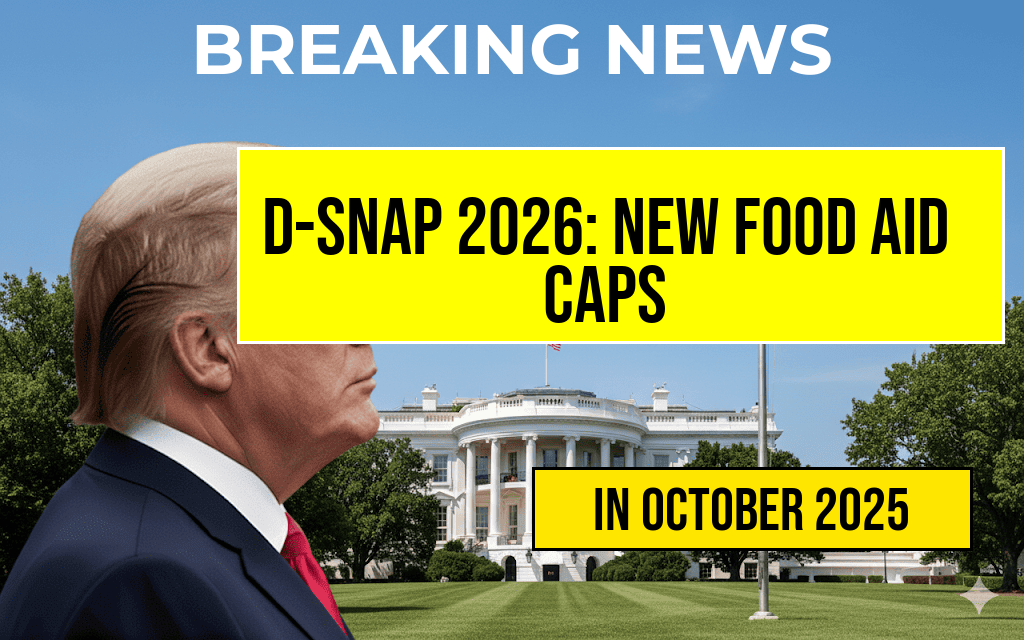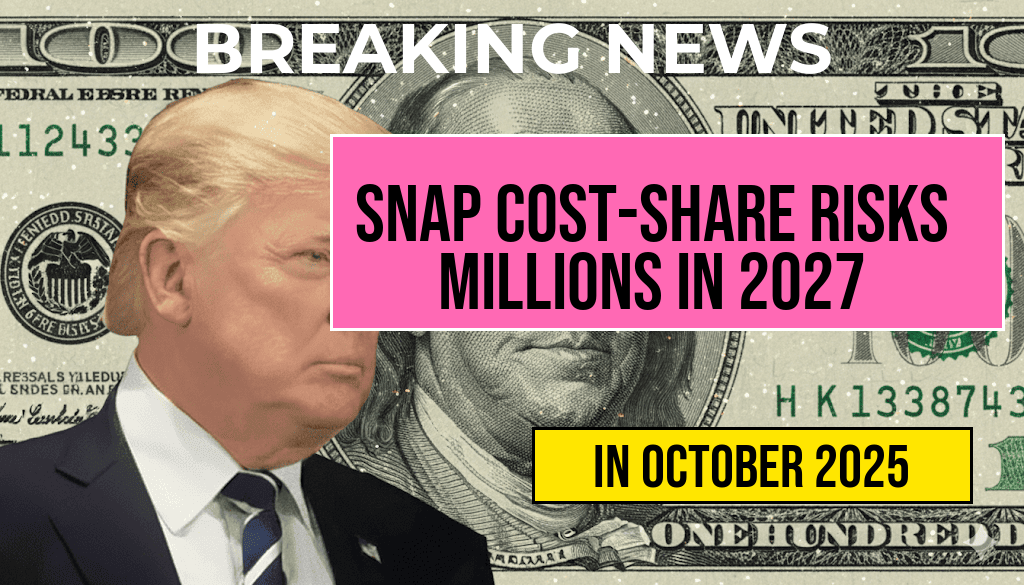The District of Columbia has unveiled a new notice rule designed to alleviate the financial burden on tenants facing unexpected utility shutoff fees, which can range from $200 to $500. Under this regulation, utility providers are mandated to give tenants a longer notice period before service disconnections, thereby allowing residents more time to resolve outstanding bills or seek assistance. This initiative aims to protect vulnerable populations, especially those living paycheck to paycheck, by ensuring they are not abruptly cut off from essential services. With this change, city officials hope to promote financial stability while enhancing communication between utility companies and residents, thereby preventing unnecessary hardships.
Details of the New Rule
The new notice requirement stipulates that utility companies must provide tenants with at least 30 days’ notice prior to any disconnection of service. This is a significant increase from the previous notice period, which was often as short as 10 days. The rule applies to all residents in the District, regardless of their income level or housing situation.
Key Objectives of the Regulation
- Enhancing Communication: The rule encourages utility companies to improve their communication strategies with tenants, ensuring that residents are fully aware of their account statuses.
- Preventing Financial Hardship: By extending the notice period, tenants will have additional time to pay overdue bills or apply for financial assistance.
- Supporting Vulnerable Populations: The initiative specifically targets low-income households, a demographic that is disproportionately affected by sudden utility shutoffs.
Impact on Tenants
For tenants, this new regulation could represent a significant financial reprieve. Many residents report that sudden utility shutoffs lead to added expenses, such as late fees or reactivation charges, which can accumulate quickly. The additional 20 days provided by the new rule can make a substantial difference in allowing families to budget appropriately and avoid the stress of losing essential services.
Community Support and Resources
City officials are urging residents to take advantage of available resources designed to help them manage their utility bills. Programs such as the Low-Income Home Energy Assistance Program (LIHEAP) offer financial assistance to those who qualify. Resources like these can be crucial for families struggling to make ends meet. For more information on available assistance, residents can visit the LIHEAP website.
Utility Company Responsibilities
Under the new rule, utility companies are also required to enhance their outreach efforts. They must actively inform tenants about available assistance programs and provide clear instructions on how to apply. Companies are encouraged to establish dedicated support lines to address tenant inquiries related to billing and payment options.
Feedback from Community Leaders
Community leaders have expressed optimism about the new regulation. Sarah Thompson, a local housing advocate, stated, “This is a monumental step toward protecting tenants who often find themselves in precarious financial situations. By providing additional notice, we are not only helping families avoid unnecessary stress but also encouraging a more transparent relationship between tenants and utility providers.”
Next Steps for Implementation
The new notice rule is set to take effect in the coming months. Utility companies are currently preparing to update their systems and processes to comply with the regulation. Tenants are encouraged to stay informed about changes to their utility services and to reach out for assistance if they experience difficulties.
Conclusion
The District of Columbia’s new notice rule represents a proactive approach to tenant protection, aiming to shield residents from the financial shock of unexpected utility shutoffs. By extending the notification period, the city not only supports its most vulnerable populations but also fosters a more equitable and communicative environment between residents and utility providers.
For further reading on tenant rights and resources, check out the Nolo Guide on Tenant Rights.
Frequently Asked Questions
What is the new DC notice rule regarding utility shutoff fees?
The new DC notice rule aims to protect tenants from unexpected utility shutoff fees, potentially saving them between $200 and $500 in costs.
How does this rule benefit tenants in Washington, DC?
This rule benefits tenants by requiring landlords to provide advance notice before any utility shutoff, giving them time to address any payment issues and avoid incurring hefty fees.
What types of utilities are covered under this new rule?
The rule applies to essential utilities, including electricity, water, and gas services, ensuring tenants are informed about potential shutoffs.
Are there any penalties for landlords who do not comply with the new notice rule?
Yes, landlords who fail to comply with the notice requirement may face penalties, including fines and legal action by tenants seeking to recover damages.
When will this new notice rule take effect?
The new notice rule is set to take effect in the coming months, with specific implementation dates to be announced by the DC government.

